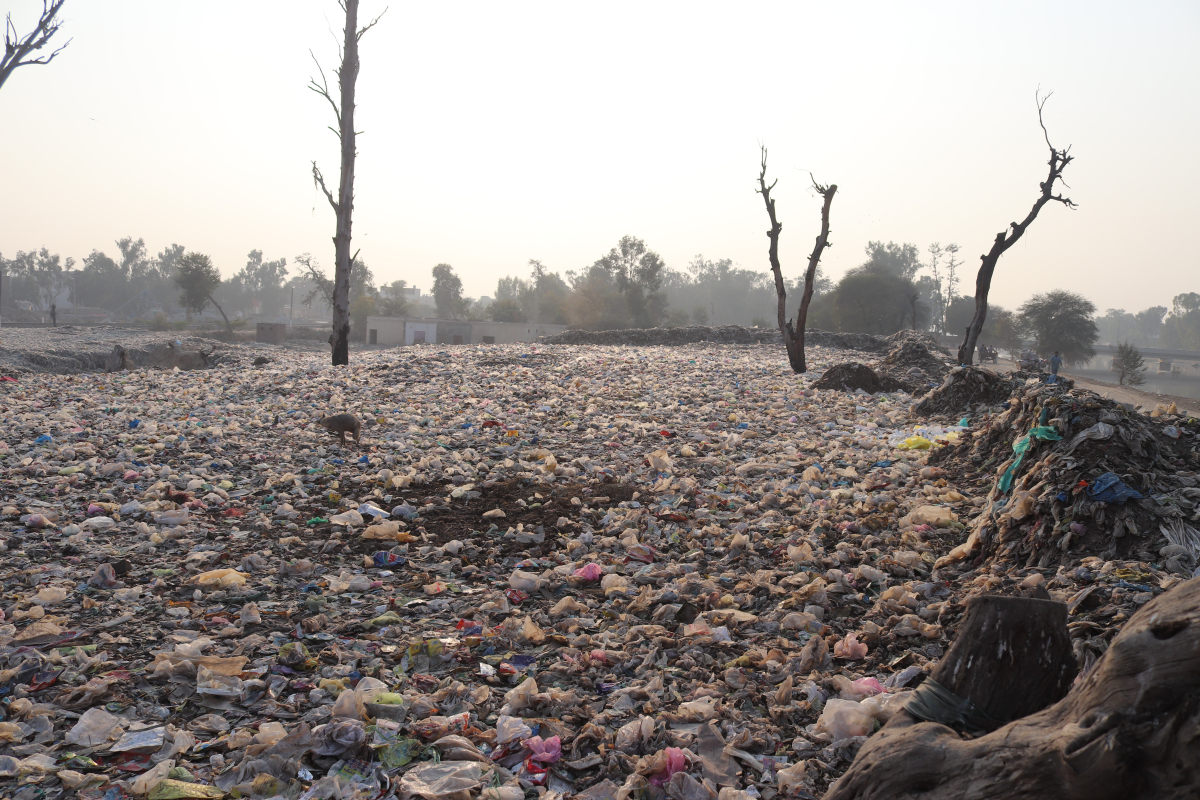Support strong Canadian climate journalism for 2025
Twelve years ago, the world’s wealthier countries agreed to a goal of providing US$100 billion a year by 2020 to help poor countries on the frontlines of a climate crisis — a crisis they did not cause — to cut greenhouse gas emissions and adapt to the impacts of a warming planet.
The commitment was always understood to be a down payment. The scale of the problem with respect to both adapting to and mitigating the impact of a changing global climate system is such that we will ultimately need to see trillions of public and private sector dollars mobilized. But the US$100 billion in public financing and private financing enabled by public investments, was emblematic in terms of establishing good faith on the part of the developed countries that committed to it.
Trust is perhaps the most important currency in any negotiations that require global cooperation. And these negotiations are ones upon which our planet’s future rests. Achievement of the $100 billion climate finance goal was, and is, a critical enabler of multilateral trust and multilateral progress.
Several months ago, analysis from the Organization for Economic Cooperation and Development (OECD) indicated the developed world would almost certainly miss the climate finance target for 2020. The developing world was justifiably disappointed. Trust was the casualty.
In the lead-up to this November’s critically important COP26 talks in Glasgow, concern that the developed world was unable, or unwilling to ante up, threatened to cast a dark shadow over international climate negotiations, jeopardizing progress.
COP26 host Britain recognized much more needed to be done to ensure that the climate finance goal would be achieved within a relevant timeframe. It asked Canada and Germany to lead a process to encourage additional climate finance pledges and transparently demonstrate how and when developed countries would achieve the $100 billion goal.
At the outset of our work in July, my German counterpart wryly described our joint task as “Mission Impossible”. We spent a great deal of time with leaders and officials from countries in the developed and developing worlds, gaining a deeper understanding of their perspectives – and pushing hard for additional ambition on the part of donor countries.
The process created a momentum that saw many countries increase their climate finance budgets with substantial new pledges. Prime Minister Justin Trudeau had already stepped up, announcing in June that Canada is doubling its international climate finance commitment to $5.3 billion over the next five years. Several other countries subsequently followed.
The “Climate Finance Delivery Plan” delivered by Germany and Canada on October 25 reflects a significant increase in climate finance ambition. The plan provides confidence that the annual $100 billion threshold will come close to being met in 2022 and will be met in 2023. Importantly, it projects that the $100 billion will be exceeded in subsequent years, with up to $117 billion being mobilized in 2025. An OECD methodology chapter published alongside the Delivery Plan showed it is likely that $500 billion will be mobilized over the 5-year period from 2021 to 2025.
While significant progress on climate finance has been made since 2015, the achievement of the $100B goal has been delayed by two to three years. Through the work done by Canada and Germany to develop the Delivery plan, though, it is clear that this goal will indeed be achieved and that it will be overachieved in 2024 and 2025.
It is my belief that the outcomes of the Delivery Plan process will help to rebuild the credibility of the developed world’s commitments, and create positive momentum at COP 26.
One other product of the Delivery Plan process is that, through it, we have developed better mechanisms to track and report on nations’ forward-looking commitments — raising the bar in terms of providing greater confidence and transparency as we move forward.
There remains an enormous amount of work to do with respect to climate finance. Negotiators are already looking further ahead. At COP26, discussions will begin on a new climate-finance arrangement for the period beyond 2025.
But today there is a degree of optimism about the prospects for success that simply did not exist three months ago. Personally, I am very proud of the role that Canada was able to play in enabling this important step forward.
Jonathan Wilkinson was re-elected for a third term as Member of Parliament for North Vancouver on September 20, 2021. On October 26, he was named Canada’s Minister of Natural Resources, after having served as Minister of Environment and Climate Change since 2019, and Minister of Fisheries, Oceans and the Canadian Coast Guard from 2018 to 2019.







Comments